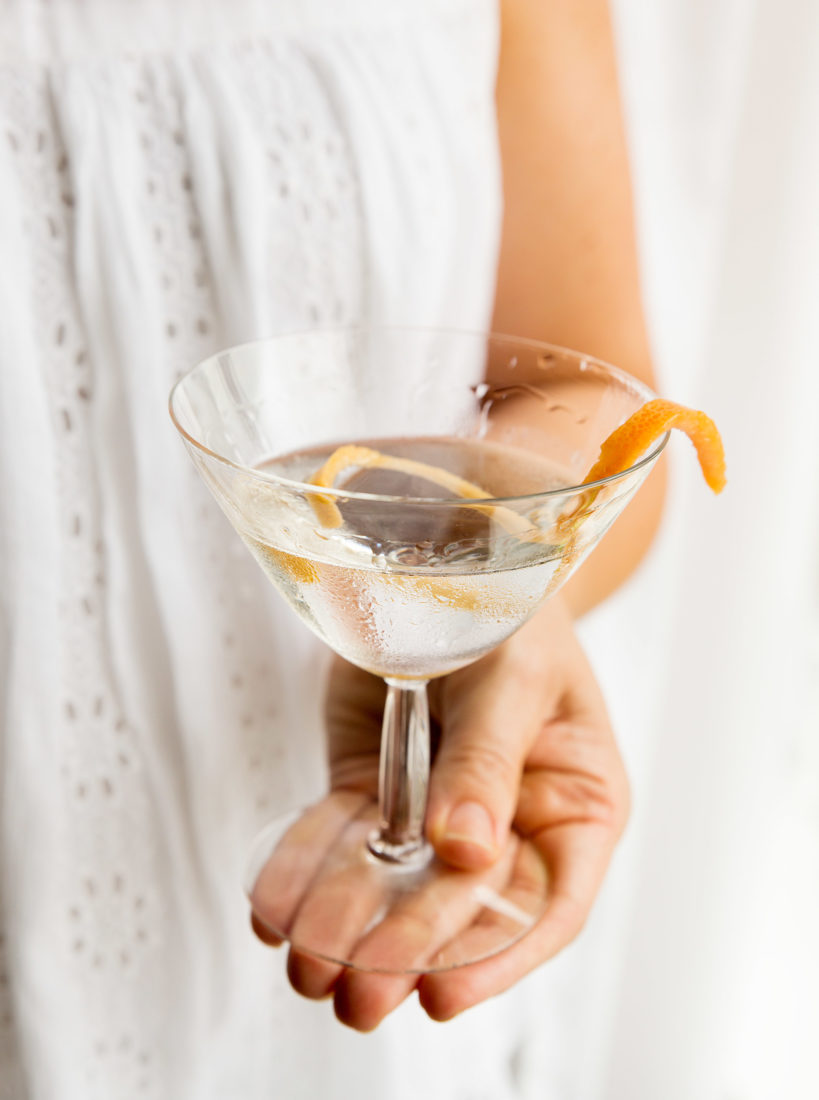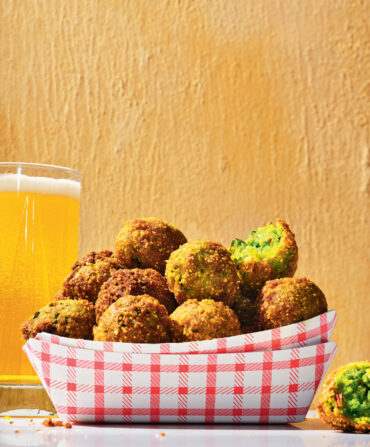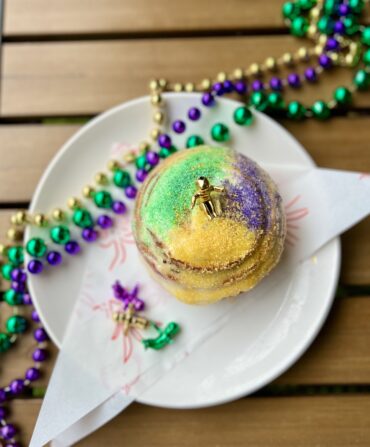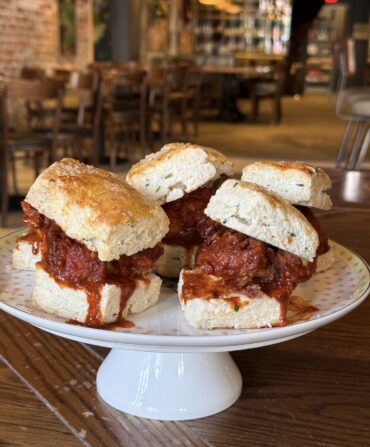Cocktail: Martini
Recipe by Jacopo Rosito
Le Sirenuse, Miami, Florida
“Someone who drinks a Martini really knows what they want,” says Jacopo Rosito, bar manager at Le Sirenuse in Miami. “They have a strong personality, they don’t want to change.”
The drink, however, has undergone quite a bit of change in its history. And though it has only two ingredients, it offers lots of room for customization—and for arguing over the proper formula. The Martini is a descendant of the Martinez, a drink made with gin and sweet vermouth that was first seen in print in 1887. Over the next few decades, the sweet vermouth turned to dry and the name changed, and by the 1910s, the Martini had established itself. However, the cocktail really took off after Prohibition. In the 1950s and 1960s, the “three-Martini lunch” became a cliché, and newly popular vodka started to find its way into the drink in place of gin. Today, either is acceptable as a base spirit, and the amount of dry vermouth can range from half the drink (many modern bartenders love the 50/50 Martini, with equal parts vermouth and gin) to none at all (Winston Churchill’s famous recipe was “ice-cold gin, and a bow in the direction of France”).
Rosito learned his recipe from an authoritative source, though. A native of Florence, Italy (birthplace of the Negroni), he started in bartending at that city’s Four Seasons Hotel, whose bar is often named among the best in Europe. Rosito’s manager there had worked at Dukes Bar in London, which is known for making perhaps the world’s best Martini. “Whenever I make a Martini, I try to replicate this recipe, although you can’t replicate the full experience,” he says.
Rosito uses the Dukes method, which neither shakes nor stirs the drink. Instead, a frozen Martini glass gets a rinse of vermouth, followed by a shot of fresh-from-the-freezer gin or vodka. “I like it dry, dry, dry,” Rosito says, which means he uses only a few drops of vermouth in his Martini. But if you prefer a sweeter cocktail, you might start with a bit more than that—the vermouth contributes both sweetness and acidity to cut the boozy burn of the base spirit. (Confusingly, a dry Martini is one that uses less dry vermouth; more vermouth means a “wetter” Martini.)
As for brands, Rosito recommends the British No. 3 London Dry Gin and the Italian VKA Vodka, and either Mancino Secco or Cocchi Americano (a fortified wine very similar to but not technically a vermouth) for the vermouth. As for garnishes, Rosito always skips the olive, choosing a bright citrus twist instead—grapefruit in a gin Martini or orange in a vodka Martini.








